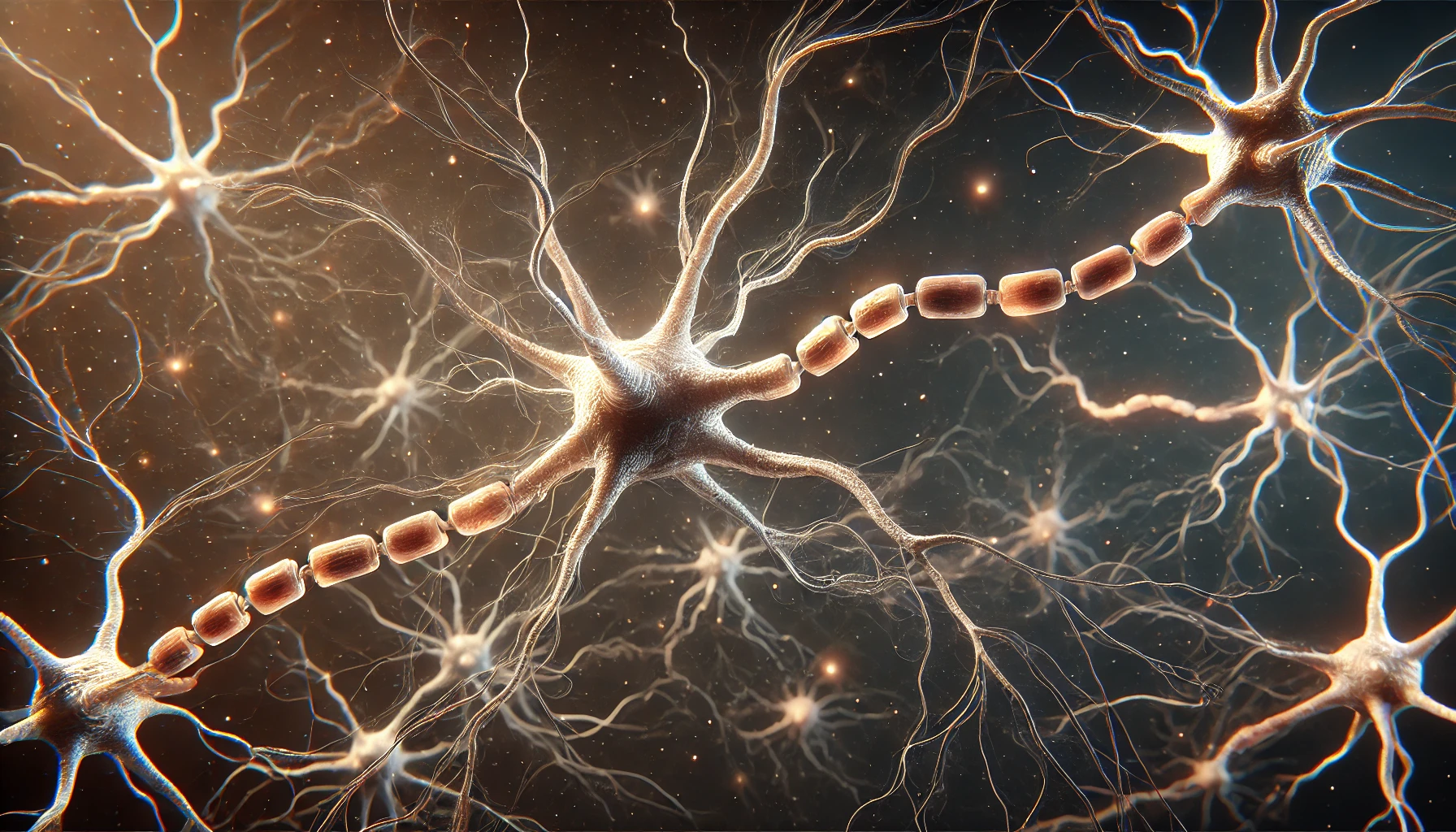Neurogene Faces Setbacks in Batten and Rett Syndrome Gene Therapy Programs

Neurogene faced a significant setback with its Batten disease gene therapy program recently, following a decision to halt the advancement of NGN-101 after being denied the FDA's Regenerative Medicine Advanced Therapy (RMAT) designation[1][2]. Despite being the first to test a CLN5 therapy and completing Phase 1/2 trial enrollment, Neurogene determined that progressing with the trial was unviable due to the disease's rarity and lack of a streamlined FDA path for future development[1][2]. The program, originally licensed from the University of North Carolina at Chapel Hill, required only modest financial investments, yet the decision to halt it led to a considerable drop in the company's stock, highlighting the challenges Neurogene faces in pioneering gene therapies for rare diseases[2].
References
Explore Further
What are the potential implications of the FDA denial of the RMAT designation for future treatments of rare diseases?
How is Neurogene planning to regain investor confidence following the setbacks in their gene therapy programs?
What specific challenges did Neurogene face in the high-dose arm of the NGN-401 trial for Rett syndrome?
How will the recent $200 million private placement influence Neurogene's strategic decisions moving forward?
What are the long-term prospects for Neurogene's Rett syndrome therapy given the early promise of the low-dose trial results?